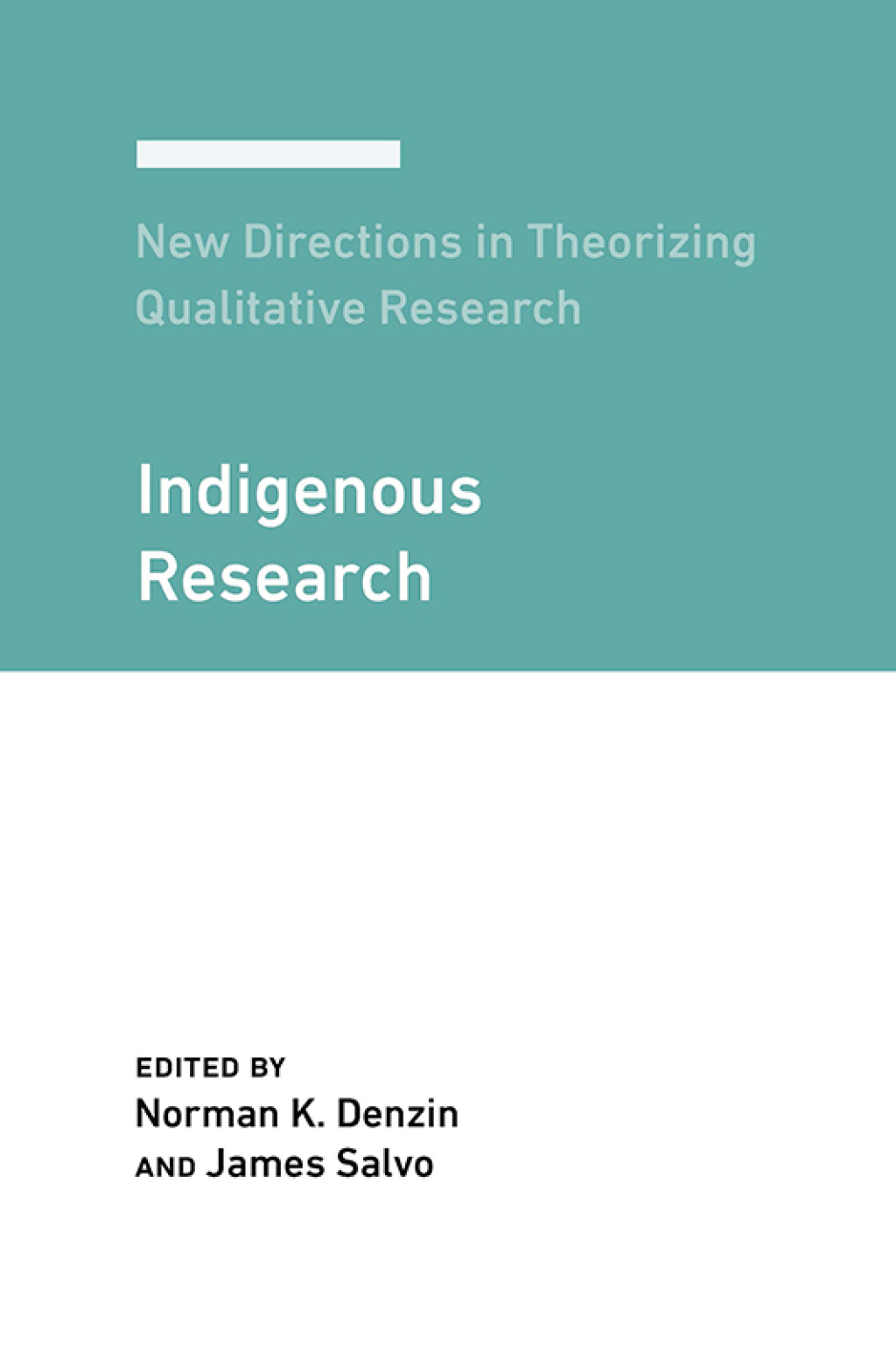Additional information
| Full Title | New Directions in Theorizing Qualitative Research |
|---|---|
| Author(s) | Norman K. Denzin |
| Edition | |
| ISBN | 9781975502867, 9781975502843 |
| Publisher | Myers Education Press |
| Format | PDF and EPUB |
Original price was: $37.95.$11.38Current price is: $11.38.
Access New Directions in Theorizing Qualitative Research Now. Discount up to 90%
| Full Title | New Directions in Theorizing Qualitative Research |
|---|---|
| Author(s) | Norman K. Denzin |
| Edition | |
| ISBN | 9781975502867, 9781975502843 |
| Publisher | Myers Education Press |
| Format | PDF and EPUB |
What can it mean to resist in these troubled times, and how can we do so through theory? This volume presents novel ideas on how to accomplish this in the context of the field of qualitative research. The authors show us how we might go beyond pre-existing, systematized research methodologies to find our way. They challenge us to go beyond facile modes of thought and slow down any mechanistic practices of research, a slowing that can be surprisingly generative regarding pedagogy and knowledge production. The articles think through theories such as ones theorizing the postcolonial for the purpose of responding to global hegemony regarding institutional experiences of academe. They engage with practices of new materialism and show the multiform ways in which theory can be a companion to us in our journey of research. Further, the articles question hold-overs from humanist and modernist thought so that we might perform an inclusive pedagogy. Rather than falling into the cynical view that the world is too troubled to change, this volume presents a sound vision that we have no option but to engage in theoretical practice, for now, there’s no time not to think.
Original price was: $43.95.$13.19Current price is: $13.19.
Access New Directions in Theorizing Qualitative Research Now. Discount up to 90%
| Full Title | New Directions in Theorizing Qualitative Research |
|---|---|
| Author(s) | Norman K. Denzin |
| Edition | |
| ISBN | 9781975501792, 9781975501778, 9781975501730 |
| Publisher | Myers Education Press |
| Format | PDF and EPUB |
This volume on arts-based research explores the transformative power of arts for qualitative inquiry and beyond. The chapters address multiple approaches from within arts-based research and suggest that art can be mobilized to reorient the political, especially when we find the political aim straying from its proper target of truth and justice. Artistic representation is never an end in itself, for the goal is to change the way we think about people and their lives. Arts-based research makes the world visible in new and different ways, in ways ordinary scholarly writing does not allow. The Arts develops a utopian idea of belonging, illustrating how moments of history, biography, culture, politics and lived experience come together in the aesthetic. Ultimately, the content of the book examines how artistic insights resonate in arts-based research, something that not only gives us criteria for assessing the quality of ethical engagement in arts-based research practice, but also provides a conceptual framework for living more just lives through art.
Original price was: $43.95.$13.19Current price is: $13.19.
Access New Directions in Theorizing Qualitative Research Now. Discount up to 90%
| Full Title | New Directions in Theorizing Qualitative Research |
|---|---|
| Author(s) | Norman K. Denzin |
| Edition | |
| ISBN | 9781975501754, 9781975501730 |
| Publisher | Myers Education Press |
| Format | PDF and EPUB |
The chapters in this volume collect together perspectives on Indigenous epistemologies. These Indigenous ways of knowing pay particular attention to the relational aspects of language, culture, and place. They are not identified as specific themes, but as integrated parts of a philosophy, for Indigenous epistemologies think within a relational framework, so that all aspects are best understood from this perspective. Indigenous ways of knowing have resisted colonization and oppression, and as such, Indigenous research perspectives exemplify a commitment to social justice, one that recovers knowledges that have been silenced or subjugated. When such knowledge is shared, we can see how to challenge oppressive regimes. We can see how to seek truth in a relational way that’s attendant to being together. Indigenous Research takes up issues of social justice in a way that is informed by Indigenous epistemologies, an important practice in contemporary research, particularly qualitative inquiry.
